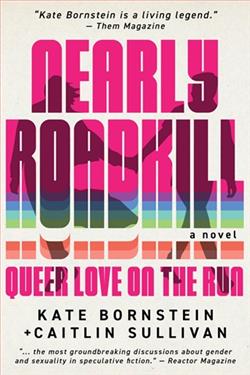
Nearly Roadkill
by Kate Bornstein
This cyber-erotic romantic thriller, written by two queer icons in the 1990s, has been “rebooted” for today’s readers. In this rowdy cyber-romance originally written in the 1990s, two people meet online and fall in love in every guise they can manage.
As Scratch and Winc go from anonymous lovers to accidental heroes and gender outlaws, they expose the shadowy Web stretched between technology and capitalist greed, nearly becoming roadkill on the internet superhighway. With a little help from their friends including a brave teenager and a mysterious hacker, these darling rebels fight government intervention and find chosen family in this eerily prescient tale.
The 30th anniversary “reboot” edition includes an updated lens for today’s readers, as GenZ investigative journalist Drew uncovers what just might be the greatest queer love story of all time.
Like Octavia Butler’s PARABLE OF THE SOWER, Margaret Atwood’s A HANDMAID’S TALE, and George Orwell’s 1984, the return of NEARLY ROADKILL is right on time with urgent lessons for our contemporary landscape.
.
Read
Nearly Roadkill on http://kissnovel.net
Martial Peak Reviews
Kate Bornstein's Nearly Roadkill is a fascinating exploration of identity, love, and rebellion set against the backdrop of the burgeoning digital age. Originally penned in the 1990s, this cyber-erotic romantic thriller has been revitalized for a new generation, offering a fresh lens through which to view its timeless themes. The narrative follows Scratch and Winc, two individuals who meet online and embark on a journey that challenges societal norms and defies conventional boundaries.
At its core, Nearly Roadkill is a story about transformation and the fluidity of identity. Scratch and Winc, the protagonists, are not just lovers but also avatars of change. Their relationship evolves through various digital guises, reflecting the malleable nature of identity in the virtual world. This theme is particularly resonant in today's society, where online personas often differ significantly from real-life identities. Bornstein's portrayal of this duality is both prescient and poignant, offering readers a mirror to examine their own digital lives.
The character development in Nearly Roadkill is both nuanced and compelling. Scratch and Winc are not merely characters; they are symbols of resistance against a society that seeks to pigeonhole individuals into predefined categories. Their journey from anonymous lovers to gender outlaws is a testament to the power of self-discovery and the courage to defy societal expectations. The supporting characters, including a brave teenager and a mysterious hacker, add depth to the narrative, each contributing to the overarching theme of chosen family and community.
One of the most striking aspects of the novel is its exploration of the intersection between technology and capitalist greed. Bornstein deftly exposes the shadowy web that connects these two forces, highlighting the dangers of unchecked technological advancement and the commodification of personal data. This theme is eerily relevant in today's digital landscape, where privacy concerns and data breaches are commonplace. The novel serves as a cautionary tale, urging readers to remain vigilant and question the motives behind technological innovations.
The 30th anniversary "reboot" edition introduces a new character, GenZ investigative journalist Drew, who uncovers what might be the greatest queer love story of all time. This addition not only modernizes the narrative but also bridges the gap between the original story and contemporary issues. Drew's perspective offers a fresh take on the themes of love and identity, making the story accessible to a younger audience while retaining its original essence.
In comparing Nearly Roadkill to other dystopian works such as Octavia Butler's Parable of the Sower, Margaret Atwood's The Handmaid’s Tale, and George Orwell's 1984, it becomes evident that Bornstein's novel shares a common thread of societal critique. Like these classics, Nearly Roadkill challenges readers to question the status quo and envision a world where individuality is celebrated rather than suppressed. However, Bornstein's work stands out for its unique focus on queer identities and the digital realm, offering a fresh perspective on the dystopian genre.
The novel's impact lies in its ability to resonate with readers on multiple levels. It is a love story, a thriller, and a social commentary all rolled into one. Bornstein's writing is both engaging and thought-provoking, drawing readers into a world that is both familiar and unsettling. The narrative's pacing is well-balanced, with moments of tension interspersed with introspective passages that encourage reflection.
In conclusion, Nearly Roadkill is a must-read for anyone interested in exploring the complexities of identity, love, and technology. Its themes are as relevant today as they were in the 1990s, offering valuable insights into the challenges and opportunities of the digital age. Bornstein's novel is a testament to the enduring power of storytelling to inspire change and foster understanding. Whether you are a fan of dystopian fiction or simply looking for a thought-provoking read, Nearly Roadkill is sure to leave a lasting impression.




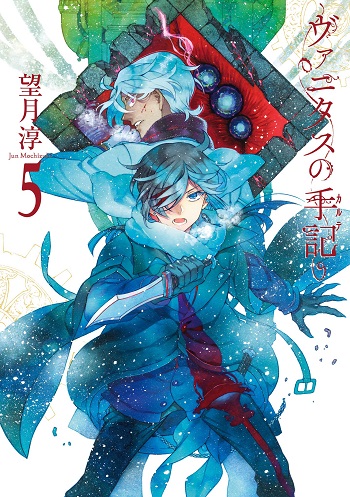
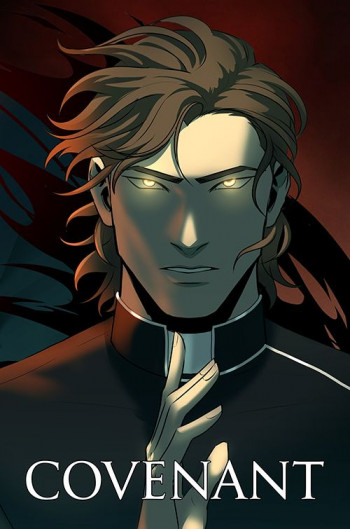



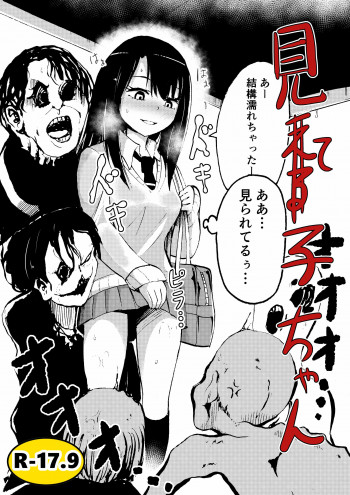

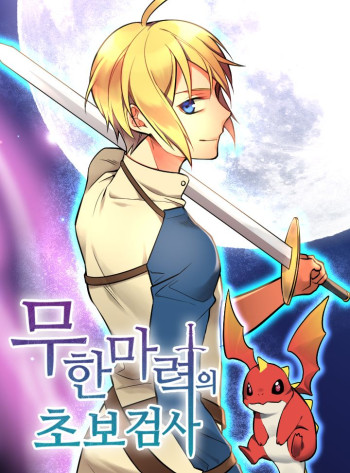












Reviews 0
Post a Reviews: